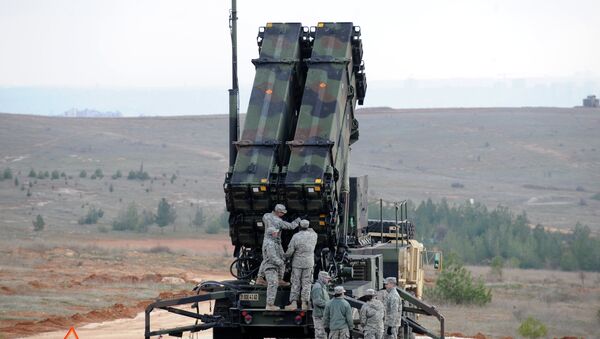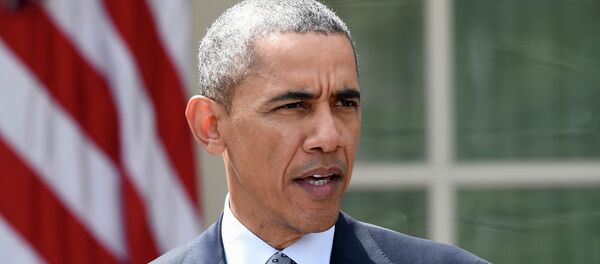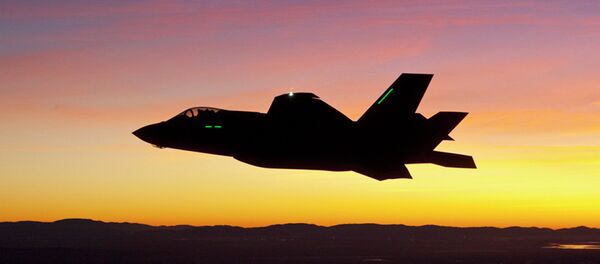The United States could potentially receive billions of dollars in defense contracts after convincing Gulf states to create a regional missile defense system, which will integrate the military capabilities of participating Arab nations. President Obama was expected to push for the creation of comprehensive MDS, which will include long-range radars and air defense systems, on the eve of the summit at Camp David. The step was supposed to assure America's regional allies that the US still considers them important partners, despite the nuclear agreement with Iran.
The plan, however, seemed to be jeopardized by the absence of Saudi King Salman and other leaders who refused to attend the summit, openly demonstrating their disagreement over the deal with Tehran. Saudi Arabia, the United Arab Emirates, Oman, and Bahrain all sent lower-ranked delegations to attend the meeting with Obama.
Nevertheless, after the conclusion of the summit, the Gulf Cooperation Council announced that a comprehensive nuclear agreement with Iran is in the interests of its countries, despite the "destabilizing activities" of the Islamic Republic which they pledged to counter. From its side, the United States pledged to fast-track the shipment of advanced defense weapons to the Gulf states. A notable exclusion from the arms list is the F-35 Joint Striker aircraft. Despite requests from Arab countries, Washington refused to export the fifth-generation fighter jets to them.
"The United States will help conduct a study of GCC ballistic missile defense architecture and offered technical assistance in the development of a GCC-wide Ballistic Missile Early Warning system," reads a statement released by the White House.
On the eve of the meeting with Obama, Saudi Arabian officials announced that they will be pushing the development of their own nuclear capabilities on par with Iran.
"We can't sit back and be nowhere as Iran is allowed to retain much of its capability and amass its research," one anonymous Saudi delegate told the New York Times before the meeting began.
However, Obama seemed hopeful that the deal with Iran would prevent a nuclear arms race in the Middle East.
"If we can get a comprehensive verifiable deal that cuts off the pathways to a nuclear weapon, that would be in their interests and the interests of the region as well as the world community," he said.
The deadline for a finalized agreement on the Iran nuclear program is June 30.





